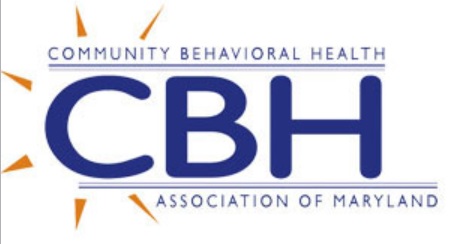By Megan Poinski
Megan@MarylandReporter.com
The ignition interlock program – designed to keep convicted drunk drivers off the road when intoxicated – was not adequately monitored by the Division of Parole and Probation, state auditors found in a report released Monday.
Judges were often not notified when drivers failed the tests.
Parole and Probation jointly administers the interlock program with the Motor Vehicle Administration, which was dinged in an audit last month for lax monitoring of their end of the interlock program.
Bruce Myers, head of the Office of Legislative Audits, said that his department knew there were problems on both sides of the ignition interlock program while both audits were being produced. Parole and Probation had the same issue with the program when it was last audited in 2007.
“Clearly, it can be improved upon,” Myers said. “And I think they will definitely improve the system.”
Judges can order the interlock devices to be placed on the vehicles of convicted drunk drivers, requiring them to blow into a device that analyzes their breath for alcohol. That driver is responsible for paying to have the interlock installed. The device records all attempts – successful and not – that a driver tries to start the vehicle, and he or she has to take the vehicle to an authorized vendor each month to download information from the device to the MVA and Parole and Probation databases.
Auditors found that Parole and Probation did not have a system in place to readily identify the drivers using the interlock devices, including those who had it as a condition of their probation. The division’s quality assurance unit is charged with auditing some of the cases, but their computer systems were not set up to show them who to look at.
The division also did not always obtain the monthly reports on drivers’ attempts to start their vehicles. Out of 21 cases, auditors found that the division did not have consistent monthly reports for nine of them. Put another way, auditors should have found 196 reports on file in December 2009. They did not find 78 of them.
Auditors also found that the division was not always telling the court system about some of the people in the interlock program repeatedly being intoxicated behind the wheel. The audit recommends that the department get clarification from the courts about how often they want to get information about repeat offenders, then deliver the information based on those guidelines.
The interlock program problems at the MVA also centered on administration. People using the interlock program are supposed to lose their driver’s licenses after failing three breath tests, and auditors found that MVA employees were manually overriding some of the failures without paperwork to justify it.
At a hearing earlier this month before the General Assembly’s Joint Audit Committee, MVA officials said that supervisors now have to approve any overrides of failed breath tests.





Recent Comments